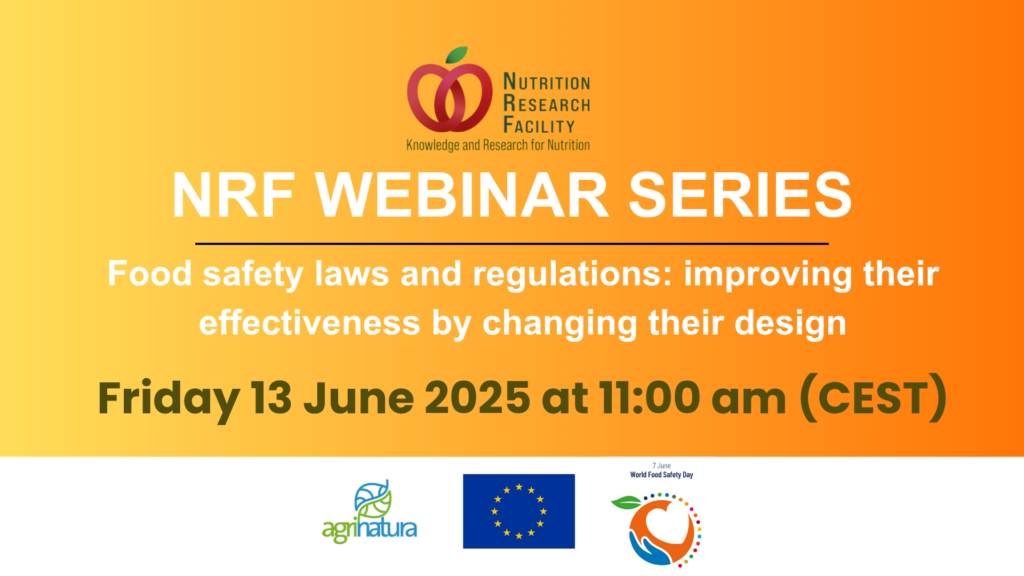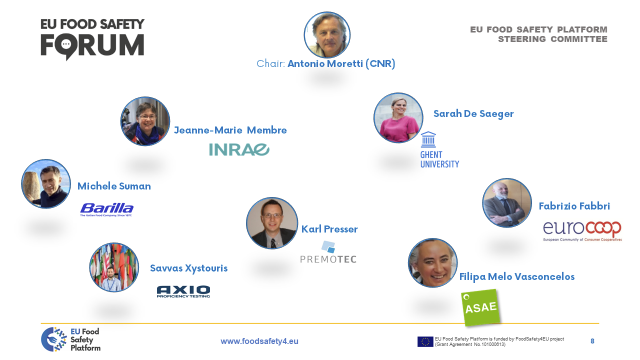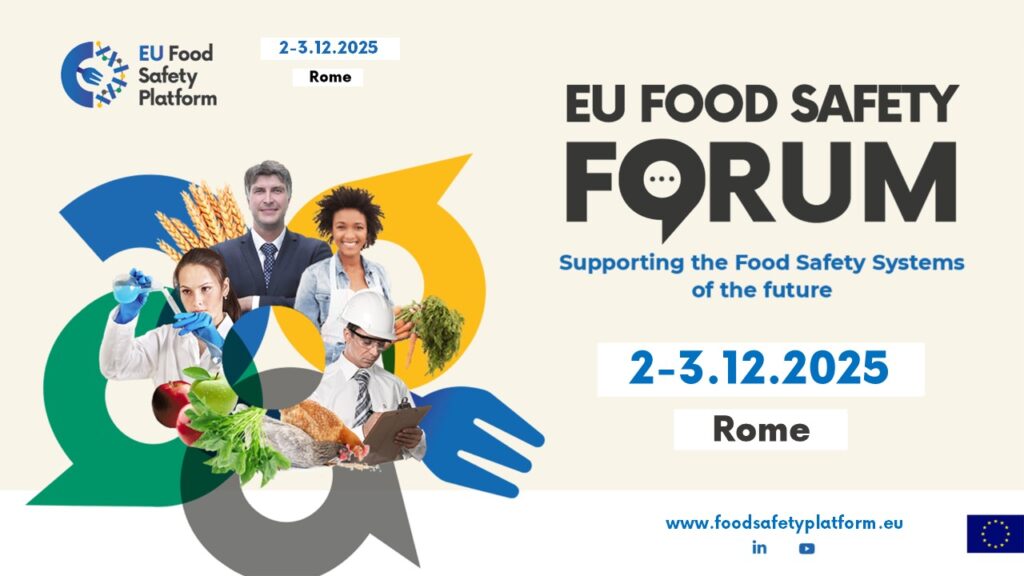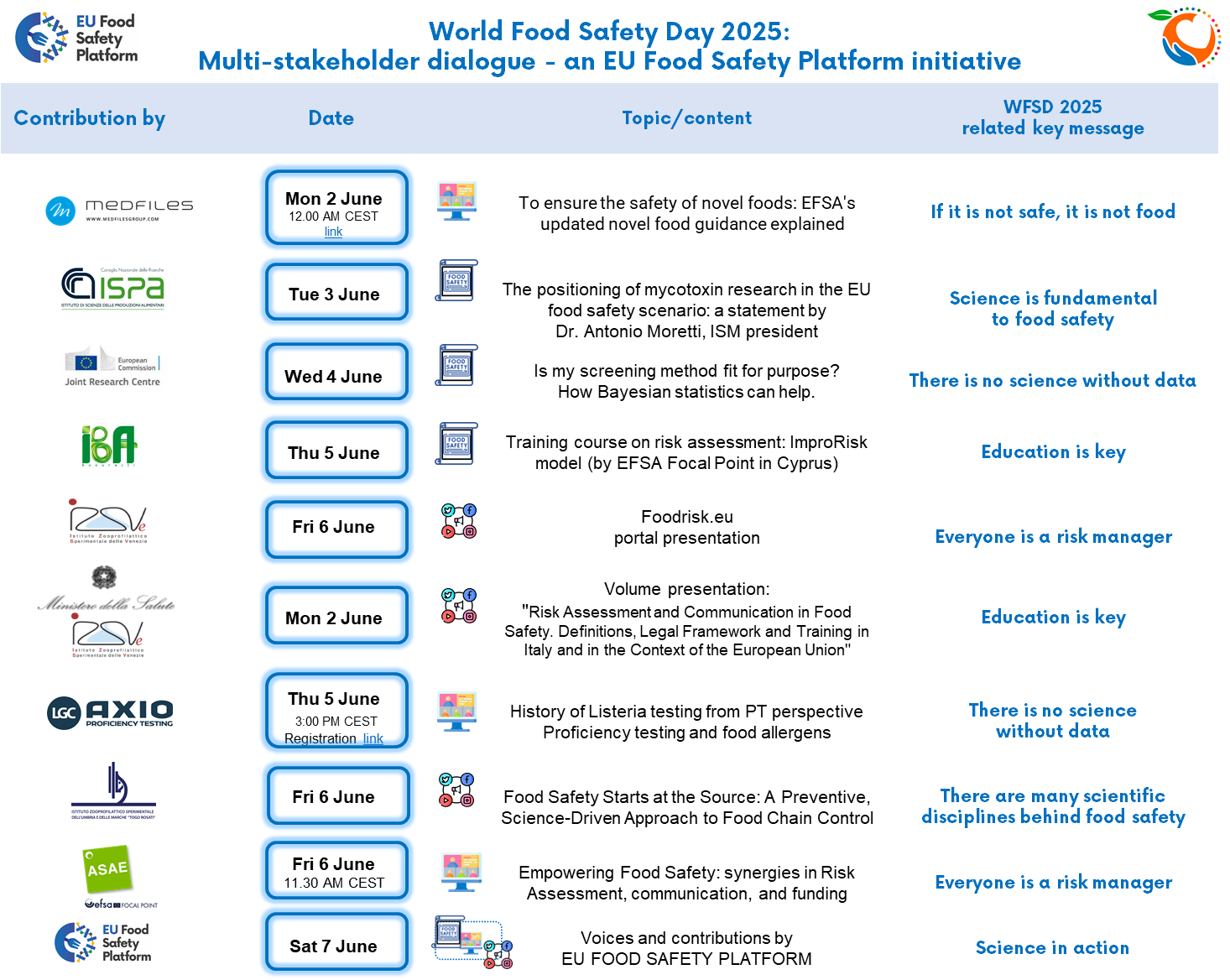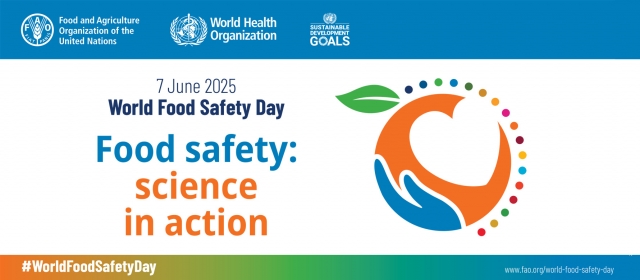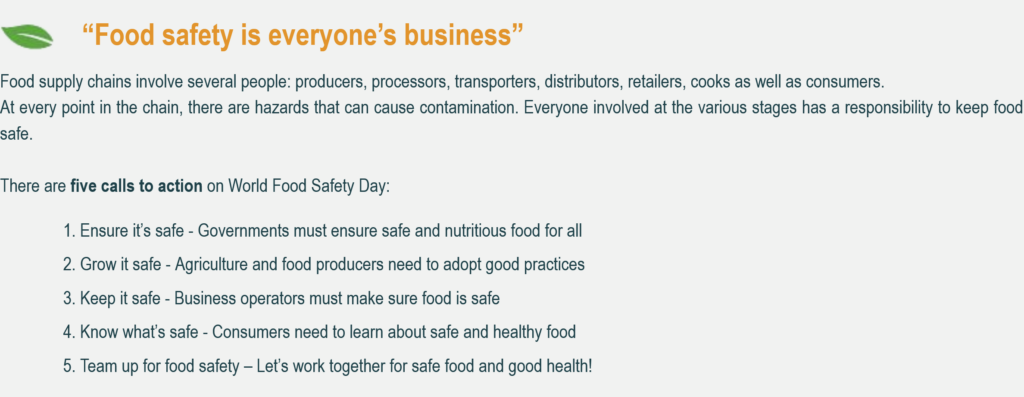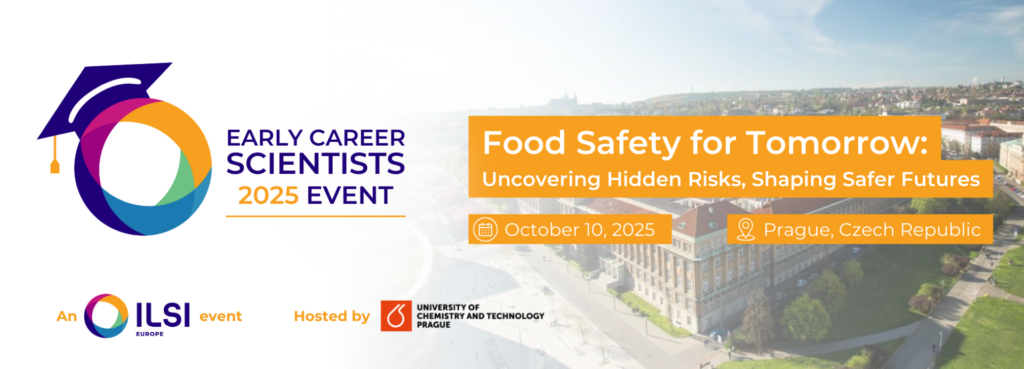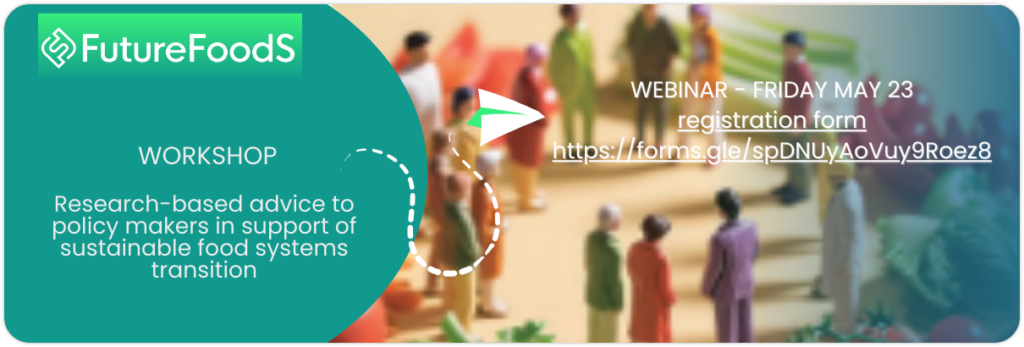Special Webinar by the Nutrition Research Facility (NRF) in the framework of the World Food Safety Day 2025
In celebration of World Food Safety Day 2025, the Nutrition Research Facility (NRF) — established under the Knowledge and Research for Nutrition project funded by the European Union — will host a webinar focused on rethinking the design of food safety laws and regulations to enhance their impact on June 13, 2025, starting at 11.00 AM CEST.
The webinar will spotlight NRF’s latest study featuring in-depth case studies from Côte d’Ivoire and Kenya, offering fresh insights into how regulatory design can be a lever for safer food systems globally.
🔗 Zoom Link: Join here
🗣️ Languages: French & English
🎙️ Speakers include:
- Sophie Primot, European Commission (DG INTPA, Unit F3) – Opening Remarks
- Wezi Chunga, African Union
- Solange Aka, Centre Suisse de Recherches Scientifiques en Côte d’Ivoire
- Delia Grace Randolph & Florence Mutua, International Livestock Research Institute
- Facilitated by: Arlène Alpha (NRF, CIRAD)
More info at workshop webpage !
